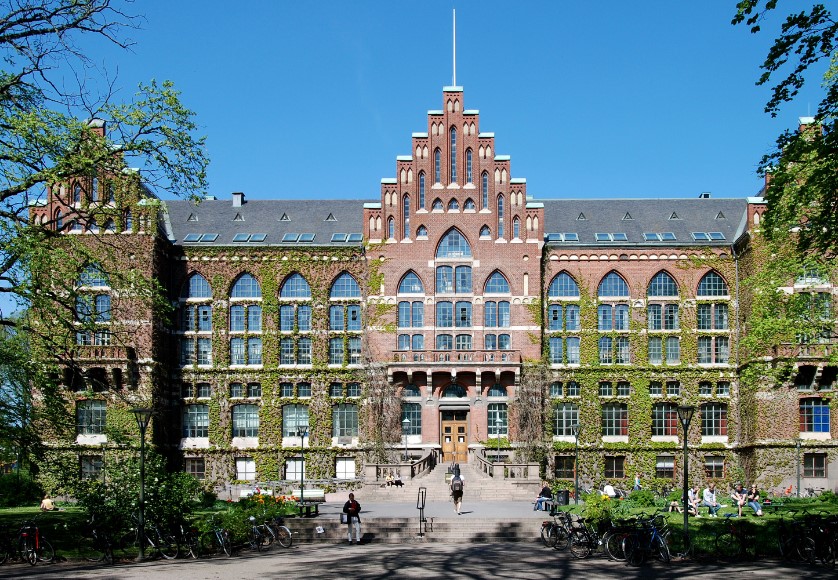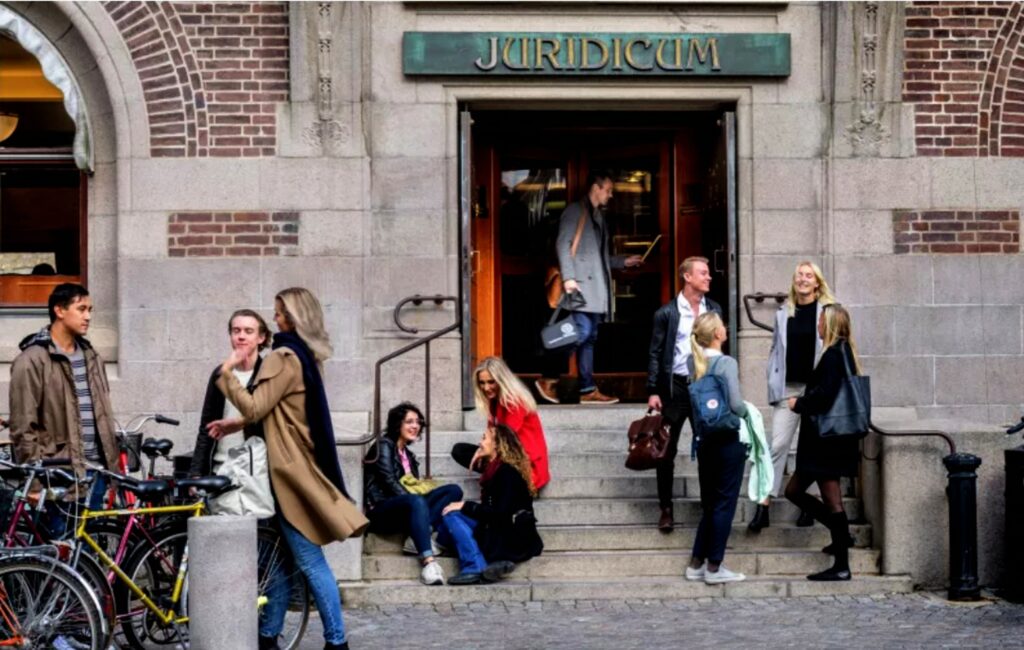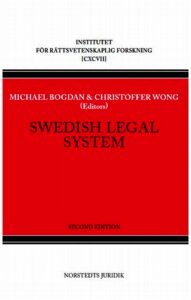Michael Bogdan
I was born in 1946 in Banská Bystrica. My father was a lawyer. In June 1964, I concluded with distinction my high-school studies and decided to study law, to the great surprise of most of my relatives and friends. Law was not held in great esteem at that time, mainly due to the open disregard for law by the ruling Communist Party after it took power in 1948. The show trials of real or invented enemies of the regime, based on confessions obtained by torture, were the most conspicuous symptoms of the decay of the rule of law. Another consequence of the Communist takeover was the replacement of many qualified “bourgeois” jurists, such as judges, prosecutors and legally trained state officials, with enthusiastic but ignorant graduates of short courses called “Working People’s Law School”. Independent attorneys ceased to exist, as they were forced into becoming employees of socialist “lawyers’ cooperatives” (my father escaped this reform by leaving advocacy and becoming an in-house lawyer of a big state-run industrial enterprise). Being a young idealist, I became convinced that the law had a positive role to play in Czechoslovak society and started my five-year long university studies at the Faculty of Law of Charles University in Prague in September 1964.
Czechoslovakia had been occupied by the Soviet army. That moment has forever changed my life
One of the effects of the liberal reform process called Prague Spring was that it became relatively easy to obtain permission to travel to the capitalist West. I decided to use my last summer vacations in 1968 for a trip to Scandinavia, hitchhiking all the way to the North Cape, full of confidence in a bright future of my country and with a Czechoslovak flag proudly displayed on my backpack. In the morning of 21 August, a truck driver who gave me a lift on my journey back to the south noticed the flag and informed me that during the preceding night Czechoslovakia had been occupied by the Soviet army. That moment has forever changed my life. I perceived the Soviet invasion as a disaster, both for my country and for me personally. It confronted me with a painful choice whether to apply for political asylum in the West or return home. I tried to postpone my decision and stayed a few months in Stockholm hoping in a cowardly way that further developments in Czechoslovakia would somehow resolve the dilemma for me. I eventually returned to Prague at the end of 1968, where in the following spring I graduated “with distinction” and obtained my doctoral degree. However, by that time developments in the country became very disappointing and I realized that the concept of “socialism with a human face” would remain a mere dream. I decided to leave and immediately after graduation took a train to Sweden. My staying abroad became illegal in the eyes of Czechoslovak law and I was sentenced to one year in jail – a sentence that was fortunately passed in my absence.
The choice of Sweden as my destination was not self-evident. My knowledge of Swedish was very limited and the climate was less than inviting, but I had become fond of the country during my stay in Stockholm in the autumn of 1968 and the fact that my future wife, whom I had met during that stay, was in Sweden weighed even more. Upon my arrival, we settled in Malmö in southern Sweden, where she was undergoing a crash course for foreign dentists in order to have her Czechoslovak degree recognized, while I attended full-time courses in Swedish.
My professional plans at that time were rather uncertain. On the one hand, I continued to be strongly attracted to private international law. Just a few days after arrival, I purchased a copy of the then standard textbook on Swedish private international law, which became the first book I have ever read in Swedish. On the other hand, I realized that it would be very difficult to become a good jurist in a country whose language and culture one did not fully master. A profession that seemed both interesting and promising was the then relatively new field of computerized processing of administrative data, so that starting in the autumn of 1969 I spent three semesters studying computer programming and information systems analysis. In the meantime, however, I became more self-confident regarding the Swedish language and started dreaming about returning to the law. I contacted professor Lennart Pålsson, who was in charge of private international law at the Faculty of Law at the University of Lund (some 20 km from Malmö), and found out that my Czechoslovak law degree, albeit worthless for any practical legal work in Sweden, would qualify me for admission to a four years’ doctoral program. With professor Pålsson’s kind support and magnanimous encouragement by my wife, I applied for a doctoral scholarship and in the beginning of 1971 became a full-time doctoral student at the Lund faculty, to which I remained faithful, in various positions, until my formal retirement. In January 1985, I became one of the professors of private law, with special responsibility for family and inheritance law, intellectual property law, and the law of torts. I held this position for ten years and in 1995 I became professor of comparative and private international law. I held this position until my retirement in December 2013, when a scientific conference in my honour took place in Lund with the participation of many Swedish and foreign colleagues. During my long academic career, I have published more than 500 books, articles and reviews in many countries.
The fall of the Communist regime in Czechoslovakia in 1989 made it possible for me to re-establish old contacts and get involved in the changes taking place there. At that time, after some forty years of socialist law and socialist legal education, relatively few Czechoslovak jurists had the theoretical knowledge and practical experience required for working under the new socio-economic conditions of market economy and political democracy. I have been invited to give lectures at almost all law schools in both the Czech Republic and Slovakia and participated in many scientific conferences there. I have always made an effort to avoid the mistakes committed by some western jurists who had good intentions but acted sometimes as obtrusive know-it-alls. Today, of course, there is a whole new generation of well-educated and experienced local jurists, but I am happy to give, together with my German colleague Kurt Siehr, an annual course on comparative law at my old alma mater in Prague which in 2018 awarded me the honorary title of Guest Professor which I greatly appreciate.






